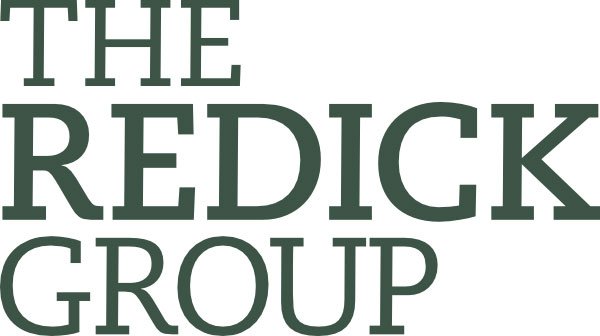I can do that job! Why won't they hire me?
A well-pedigreed client recently returned for a résumé and LinkedIn update. She's a lot of fun and exploring a new direction in her career.
Part of our conversation turned toward a set of fictionalized addenda that I use to inspire new ideas and draw focus.
Her response to the examples (edited for clarity):
"Looking at the scope of work performed [in these stories], I find it sort of crazy that the work is all the same. It's just the size of the budgets handled that make something seem more executive in function. The exact same talent is getting poured into different sized initiatives."
She's right. Similar skills are often poured into differently sized initiatives. But that, perhaps, is exactly the rub, and it's a reality check conversation I frequently have with clients.
Here was my response:
"It's interesting right? I know from [retained executive] search that a key differentiator between "exact same talent" and their tasks is the size and type of the institution (public, private, NPO, government, regulated, etc.) and then the scope of professional oversight (team size and geography, budget size and complexity, requirements, etc.).
I've come to learn that [a big part is] the amount of risk and [how the ideal candidate's] expertise mitigates that risk. It's a big reason why recruiters usually stick to a sure thing when recruiting a high profile role, and why it's important for someone who is some distance into their career—but not at a level they'd like to be—to have an advocate. In other words, someone who's willing to stick their neck out and vouch for them."
Size matters.
Indeed, the management of a $20M regional budget is very different than managing a $350M global P&L. Managing a 12-member local team is very different from managing a 200-person team on four continents.
Contacts matter.
Another differentiator I neglected to mention in my note to my client is the contacts that a very senior, high profile person brings to a new role. A very senior person from a very large company who is sought by one of the Big 4 accounting firms is going to need a major book of business. So while the activities s/he performs may be "exactly the same" as someone at a small to mid-sized company, the Big 4 firm is going to prioritize the contacts that come with someone from a very large company.
I should note that this isn't a positive or a negative on its own. It's simply a career planning tool. Awareness is a critical step to making the right, realistic plans.
Networks matter.
It's for these reasons that so many people in the career development world harp on the power of networking. (See my recent post, "Networking: Essential or Overrated?") And not only networking, but networking authentically. You know ... making and keeping friends in business.
It's too late to start networking when you suddenly need a job.
Planning matters.
Also, when suddenly looking for a job, many people think they are going to be every recruiter's dream candidate. And why not? Recruiters find ideal candidates, right? I'm suddenly available, so of course they're going to pine over me! Who else would they turn to?
Unfortunately, too many otherwise brilliant minds default to this line of thinking, and it really couldn't be farther from the truth. Legitimate recruiters are, in fact, all different (retained versus contingency) except in one way: recruiters are hired by companies to find ideal candidates. They are looking externally for a specific blend of skills, and it doesn't matter how perfect you might be, it's all about the blend of that perfection (experience and skills) compared to what is being sought.
At this level, they're not looking to take a chance on what is possible. They're looking for proven leadership.
Nothing of note happens overnight.
Whether it's fine wines, cheeses, or executives. It's all careful cultivation and months to years of nurturing.
As such, my quick takeaways for executives interested in cultivating a long-term career strategy are:
Learn what you're dealing with. What are the pros and cons in terms of where you are (who you are, what you offer) and where you want to go. I happen to have a "Job Description Analysis" tool for that. Just last night a client emailed me, saying this: "This was a very meaningful exercise. It gave me more clarity into how I see my career progressing.")
Develop and cultivate your network authentically so when the time comes, your "ask" isn't only genuine, but also heard and cared about.
Take a long view and develop your LinkedIn profile so you're not only using it for business, but also visible when a search firm is retained to look for someone just like you.
For more, check out my LinkedIn Post article 6 Career Positioning Metrics Every Management Professional Should Cite.

